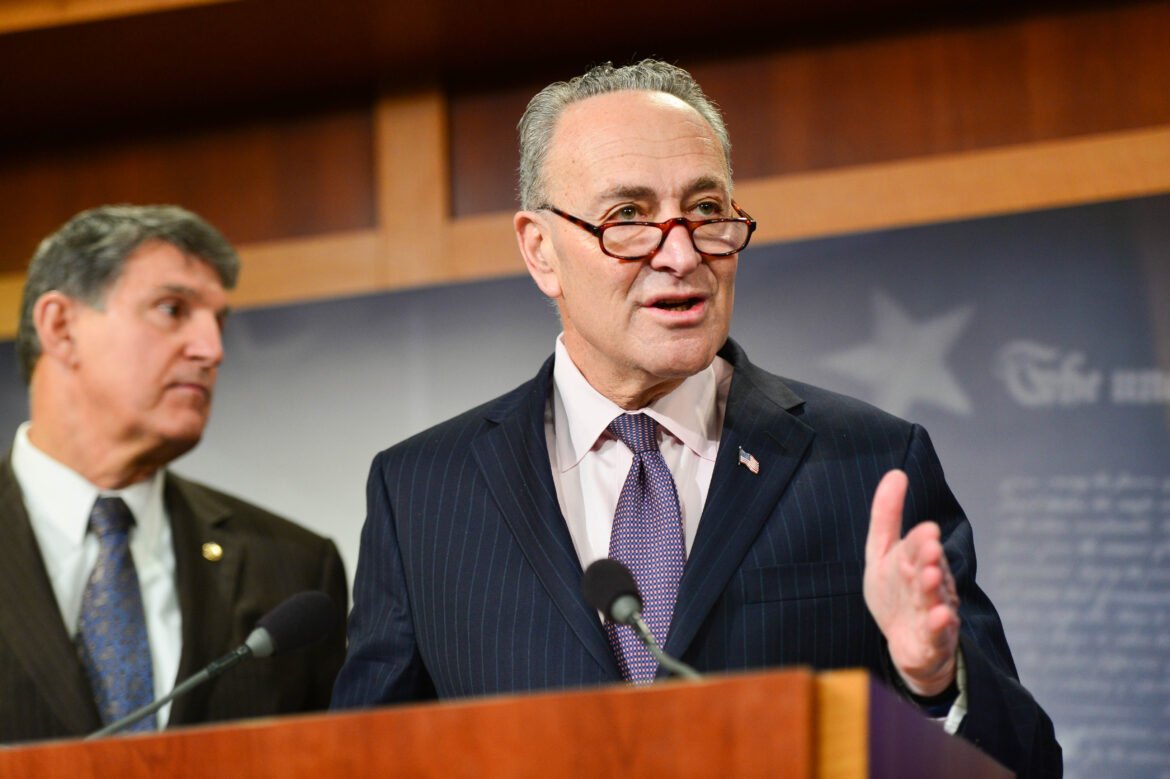Tolstoy tells us, “happy families are all alike; every unhappy family is unhappy in its own way”. He proposes a guiding philosophy, one that follows the principles of medicine. The Anna Karenina principle has helped diagnose the plagues of our bodies, households, societies and minds. It is employed in all aspects of ontology, constituting the basis of a differential diagnosis. Our ability to separate the symptoms that build up to the disease is a modern methodology relevant to what has struck the Occident, especially in the United States of America.
Opioid overdose deaths in the U.S. have risen significantly since 1999 whilst also exhibiting geographic variation. Across counties, genders, ethnicities and ages, opioid addictions and overdoses have left empty chairs, mourning parents and desperate children. It is an epidemic, endemic to the fabric of the modern U.S. healthcare system. However, it is not through that system we will solve the opioid crisis.
Among the many drugs classified as opioids are heroin, morphine, fentanyl and oxycodone; some are synthetically manufactured, and others are derived naturally from opium. The never-ending growth of the problem has, until lately, primarily been explained by a medical corps that have historically over-prescribed opioids and a healthcare system that has made them readily available. Clearly, from the perpetual increase in their usage, the doctors of our economy have been unable to correctly diagnose the issue. Recent scholarship has begun addressing the underlying role of socioeconomic factors but has overlooked a critical economic phenomenon that has harmed the same groups affected.
David Bradford, a leading researcher studying substance use policy, has written substantially on the effects of eviction on drug and alcohol addiction, exploring psychological, economic and political factors that have backed people into the desperate corners of addiction. From data available from the U.S. Center for Disease Control and Department of Labor, one has been able to measure the “association of (international) trade-related job losses and opioid-related jobs”. A factor currently scrutinised by health economists today is the effect outsourcing manufacturing has on U.S. domestic industrial communities, which have been hit disproportionately by the epidemic.
Our focus on foreign trade-related jobs is vital and perhaps more significant than other forms of failure; they affect primordially manufacturing communities, damaging local educational institutions in those communities, leaving those laid-off in benefitless pain and those aspiring with dreams quenched and no opportunities. In the U.S., where unemployment benefits are minimal, some workers recently laid-off are herded towards opioids because they seek disability or other health-related benefits. “Once introduced to prescribed opioids, patients sometimes initiate the use of non-prescribed opioids such as heroin”.
A study on the relationship between both variables, opioid overdoses and trade layoffs, was conducted in the Appalachia region. Between 1999 and 2015, “suffered 16 % of trade-related job losses and 10 % of opioid-related deaths” of the total U.S. population despite only constituting 8% of it. Adam Dean and Simeon Kimmel, authors of this research, dissected the relationship through a multivariate regression and concluded that “an increase of one thousand trade-related job losses is associated with a 2.7% increase in county-level opioid-related overdose deaths”. These economists brand the relationship as causal but paired with evidence from David Bradford, Amy Finkelstein, Matthew Gentzkow, Dean Li, Heidi Williams and others, some of which covers the psychological influence of unemployment on drug addictions, a causal link can begin to emerge.
In 2022, our modern society has been left aghast by one of the first apparent repercussions of our hyper-globalised world economy. The European energy crisis was started by the invasion of a country far from its doors. The Ukrainian Crisis highlights how foreignly dependent some of our industries are. The political movements towards independency, autarky even, have been largely reactionary, often tapping into xenophobic sentiments to broaden their appeal. But the problems these movements react to exist, and the desire to regionalise, or in the U.S. scenario, nationalise, is not one without merit. This is why the new scholarship on the link between addiction and trade-linked unemployment is crucial, as it could serve at the forefront of coherent right-wing politics.
Edited by Emma Benoudiz

Covering all news, from mainstream to wonkish.


Real interesting read! Would be interesting to see if there currently is a causal link between unemployment and opioid use in underdeveloped countries. Historically, the Chinese opioid crisis of the 20th century comes to mind.
Hello Angelique,
You are absolutely right, there could be some very impactful links between unemployment and opioid use in developing countries. Perhaps other variables could be included in such a regression, such as education. In the end, I think we could build quite a complete picture for a package of welfare policies.
Best,
Gabriel